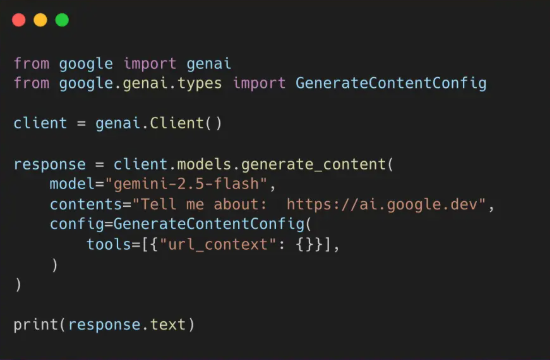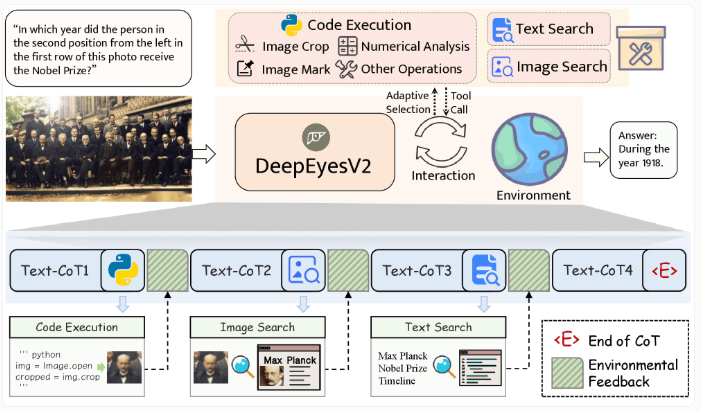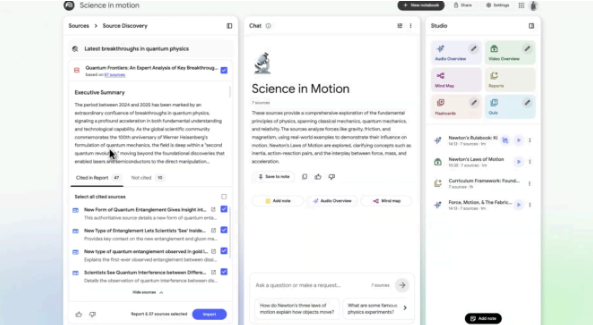Google has recently announced an important feature upgrade for the Gemini API, officially launching the URL Context tool, which enables direct web content scraping. This technological breakthrough will completely change the workflow for developers handling network data, simplifying the process from writing complex scripts and multi-step processing to simply embedding a web link in an API request to obtain content.
The technical implementation mechanism of the new feature is quite intuitive: developers only need to include the target webpage URL in the Gemini API request, and the model system will automatically complete the entire process of web access, content parsing, and data extraction. This integrated approach eliminates traditional technical barriers in web scraping, making data retrieval more convenient than ever before.

The URL Context tool supports a wide range of content types, covering the most common data formats in development. The system can handle various web page contents, including HTML pages, JSON data files, and plain text documents, and also supports direct parsing of PDF documents. Image format support is equally rich, with mainstream image formats such as PNG, JPEG, and WebP included in the supported range.
However, this feature still has some technical limitations. YouTube video content, Google Docs documents, and content behind paywalls cannot be directly accessed through the API at this time. These limitations mainly stem from considerations of copyright protection and technical architecture, and developers should be aware of these content types when using the feature.

In terms of specific technical implementation, Google provides a convenient way to call via Python SDK. Developers can achieve web content scraping and analysis with just a few lines of code. Typical use cases include importing the Google GenAI library, creating a client instance, and passing both processing instructions and the target URL into the generate_content method, after which the system will automatically return the processed results.
The API usage specifications set clear technical parameters. Each request can support up to 20 URLs for concurrent processing, and the maximum size limit for content corresponding to a single URL is set at 34MB. This specification design ensures system performance while meeting the needs of most practical application scenarios. It is worth noting that the content scraped will be billed based on input tokens, and developers should plan API call frequency according to their project budget.
Aside from the Python SDK, Google also provides support for the Gemini CLI tool for command-line users. Developers can quickly scrape specified web content using the web_fetch command, and the system will automatically identify URLs in the command and call the corresponding API interface to complete the processing. This command-line approach is especially suitable for script-based processing and batch operations.
The introduction of the URL Context feature marks an important advancement in web data processing technology. Traditional web scraping solutions usually require developers to master crawling techniques, the use of HTML parsing libraries, and to handle various exceptions and anti-scraping mechanisms. Now, all this technical complexity is fully encapsulated within the API, allowing developers to focus solely on business logic.
This feature upgrade has far-reaching implications for the entire developer ecosystem. Data scientists can more easily access web data for analysis, content aggregation platforms can process multi-source information more efficiently, and the development barrier for automation tools will significantly decrease. As AI technology and web data processing become more deeply integrated, developers will be able to build smarter and more efficient applications.
From a technical trend perspective, Google's recent upgrade reflects the industry trend of AI services moving towards greater practicality. By lowering the technical usage threshold, more developers can conveniently utilize web resources, and this strategy helps promote the application of AI technology in broader fields.
Related links
https://ai.google.dev/gemini-api/docs/url-context
https://colab.sandbox.google.com/github/google-gemini/cookbook/blob/main/quickstarts/Grounding.ipynb#url-context









